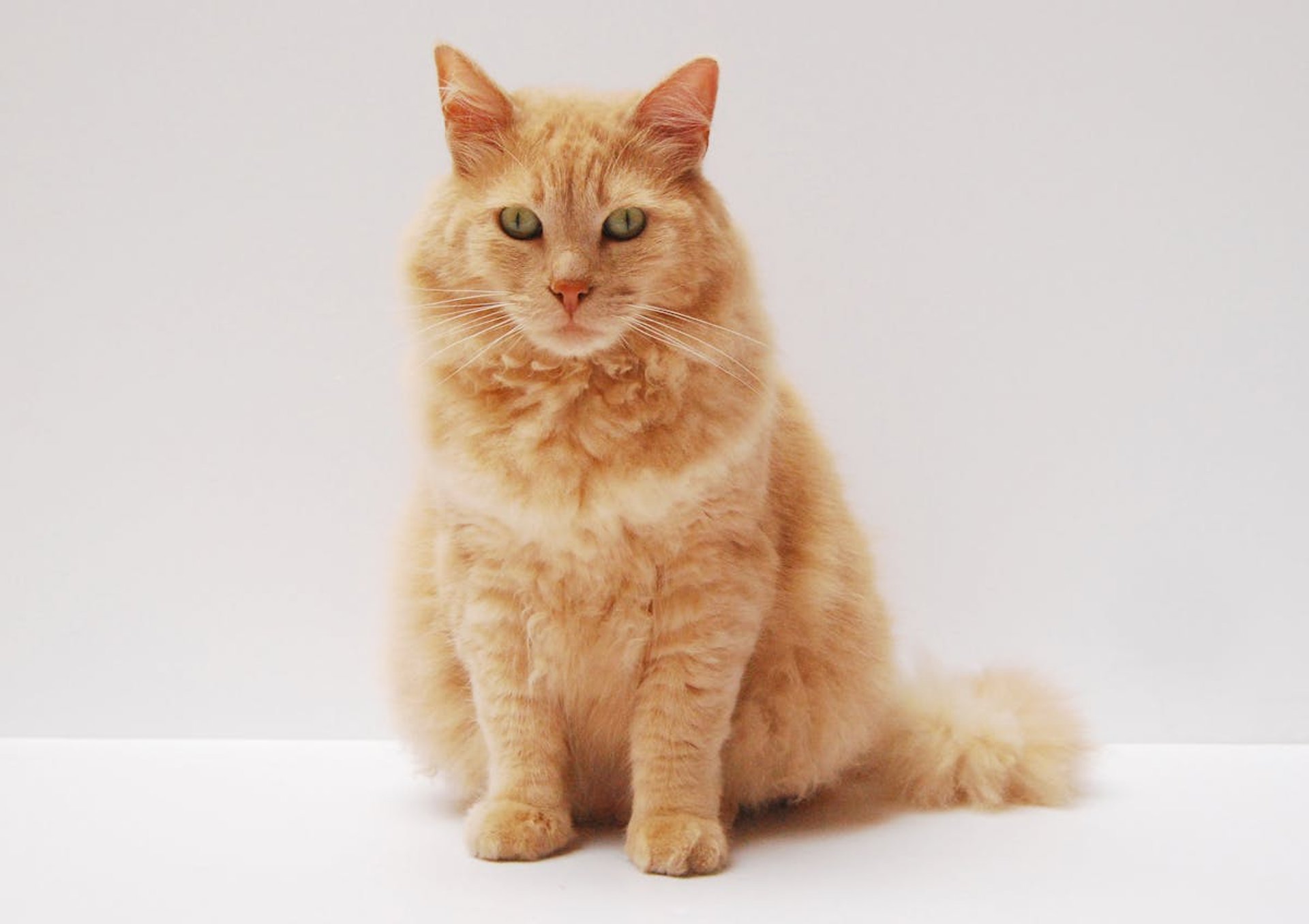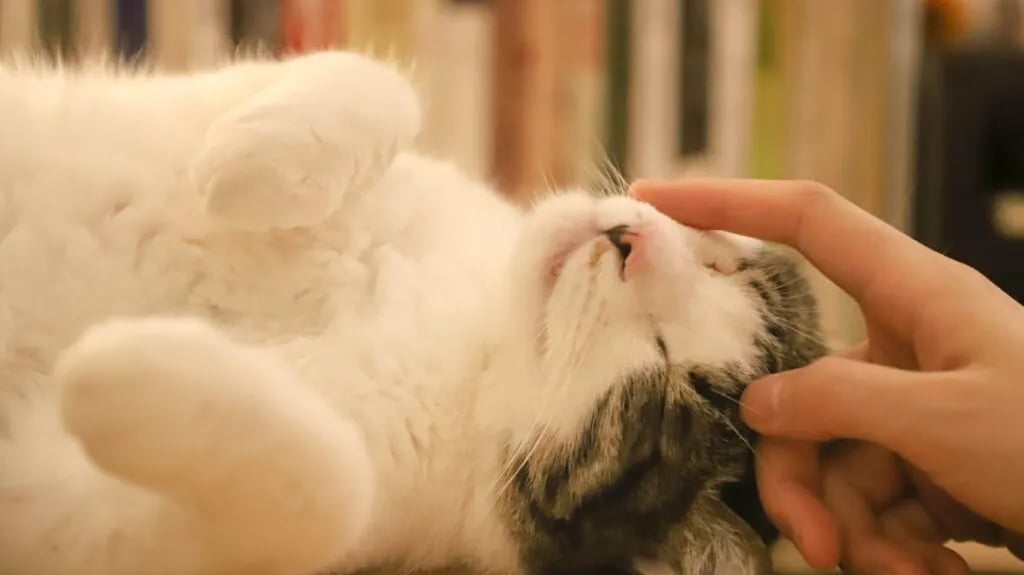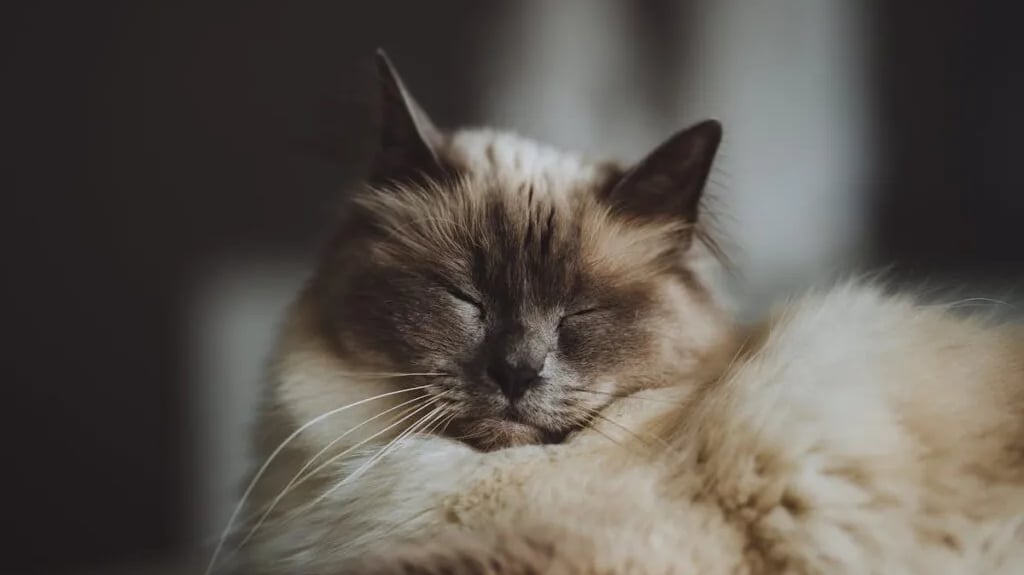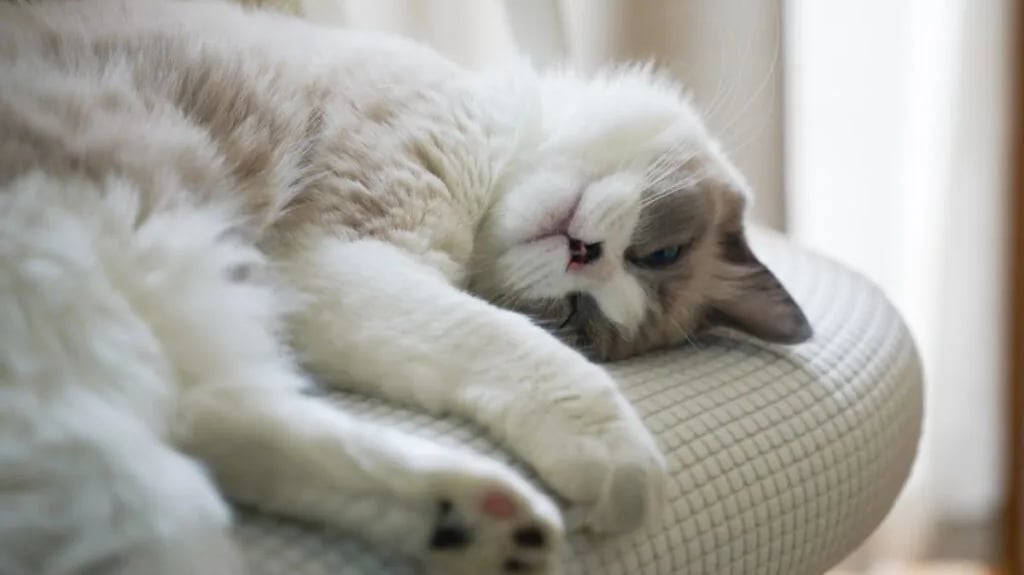Guaranteed Comfort and Complete Care for Your Pet.

How to Prevent Hairballs in Cats: Essential Tips for Cat Owners in Dubai


Hairballs are a common issue for cats, especially in hot and dry climates like Dubai. As cats groom themselves, they swallow loose fur, which can accumulate in the stomach. Without proper digestion, this fur turns into hairballs, leading to discomfort and potential health problems. If you are wondering how to prevent hairballs in cats, you should understand the causes first. Dubai’s extreme heat increases shedding, making regular grooming, hydration, and a balanced diet even more important. Keeping your cat well-hydrated and providing the right nutrition can help reduce hairball formation. For expert advice on feline health, visit a vet Clinic Dubai-based to learn more about the best ways to care for your pet.
Why Cats in Dubai Are More Prone to Hairballs?
Many cats in Dubai live indoors, limiting their exposure to natural shedding cycles. Indoor cats groom themselves more frequently, increasing hair ingestion, which raises the chances of hairball formation over time.
Thinking about how to prevent hairballs in cats? Start with regular grooming and a proper diet!
Extreme heat also leads to seasonal shedding, with long-haired breeds experiencing even greater fur loss. Shedding increases the risk of hairballs, especially if cats aren’t groomed often. Without regular brushing, loose fur builds up, making it easier for cats to swallow large amounts of hair.
The dry climate makes dehydration a concern. When a cat lacks enough moisture, its digestive system struggles to pass fur, leading to hairball formation. Hydration plays a big role in keeping digestion smooth and reducing hairball risks. Providing wet food and water fountains can encourage better hydration.
Practical Tips to Reduce Hairballs in Cats
These are some tips for those who want to reduce hairballs in cats:
Regular Grooming Can Be Helpful
Brushing your cats regularly helps remove loose fur before they swallow it. This simple habit reduces the risk of hairballs and keeps their coat healthy. Long-haired cats need daily brushing to control excessive shedding. A de-shedding brush works best for trapping loose fur, preventing it from being ingested. Regular grooming is especially important for pet owners wondering how to prevent hairballs in long-haired cats, as it minimizes the amount of fur that enters their digestive system.
Hydration & Diet Adjustments
Keeping your cat hydrated is key to reducing hairballs. Cats often don’t drink enough water, which makes digestion harder. A cat water fountain encourages them to drink more, keeping their digestive system working properly. Wet food is another way to boost hydration while adding essential nutrients. Proper hydration helps prevent dry digestion, making it an important step for anyone thinking about naturally preventing hairballs in cats. A well-hydrated cat is less likely to struggle with frequent hairballs.
Specialized Hairball Control Cat Food
Some cat foods are specially formulated to reduce hairball formation. These foods contain extra fiber, which helps move swallowed fur through the digestive system before it clumps together. If your cat frequently coughs up hairballs, switching to fiber-rich food may help. Many pet owners find that dietary adjustments play a major role when considering how to help prevent cat hairballs. A well-balanced diet supports digestion, reduces excessive shedding, and keeps your cat’s coat healthier.
When Hairballs Become a Problem
Most hairballs pass through the digestive system without issues, but frequent vomiting or signs of discomfort can indicate a serious problem. If your cat struggles with hairballs often, pay attention to any unusual symptoms. If you notice your cat vomiting with no other symptoms, you should seek veterinary care.


In case your cat vomits frequently, it could be a sign of a more serious issue.
Warning signs to watch for:
Repeated gagging or retching without producing a hairball
Vomiting multiple times a week
Loss of appetite or refusal to eat
Lethargy, weakness, or reduced activity
Constipation or trouble passing stools
Swollen or painful abdomen
If you notice any of these signs, contact a vet immediately. Delaying treatment could lead to serious complications, including intestinal blockages.
Allergies and Hairballs: What’s the Connection?
Some cats groom excessively due to allergies, which increases the amount of fur they swallow. This can lead to more frequent hairball formation, causing discomfort and potential digestive issues. Common allergens include food ingredients, dust, pollen, and household cleaning products.
Identifying the cause of these reactions is important for reducing overgrooming. A veterinarian can perform veterinary allergy testing to determine the specific allergens affecting your cat. Once diagnosed, switching to a hypoallergenic diet can help manage symptoms. Specially formulated cat food reduces inflammation and minimizes excessive shedding. Supplements like Omega-3 fatty acids also improve skin and coat health, preventing fur loss. By addressing allergies early, cat owners can lower the risk of hairballs and keep their feline friends comfortable and healthy. Regular vet check-ups ensure long-term allergy management.
When to See a Veterinarian for Hairball Concerns?
Most hairballs pass naturally, but in some cases, they can cause serious health issues. If your cat struggles to cough up a hairball, seems uncomfortable, or stops eating, it may have a blockage. Watch for signs such as constant retching without producing a hairball, abdominal pain, or changes in litter box habits.
If home remedies like hydration, specialized food, and regular brushing don’t help, professional care is necessary. Severe cases require urgent attention to prevent complications. A vet may suggest medication, dietary changes, or medical intervention. If your cat shows symptoms of distress, vomiting, or lethargy, seek help from an emergency vet Dubai cat owners recommend immediately. Quick treatment can prevent life-threatening blockages and ensure your cat gets the care it needs.


Veterinary check-ups ensure your cat’s diet and hydration levels are optimal for hairball prevention.
Keep Your Cat Hairball-Free in Dubai
Preventing hairballs starts with regular grooming, a fiber-rich diet, and proper hydration. In case you are wondering how to prevent hairballs in cats, you should know that it requires a consistent routine that reduces fur ingestion and supports digestion. Monitor your cat’s grooming habits and hydration levels. If problems persist, consult a vet to keep your feline healthy and comfortable. Dubai’s climate makes hairball prevention even more important, but with the right care, your cat can stay happy and healthy.

